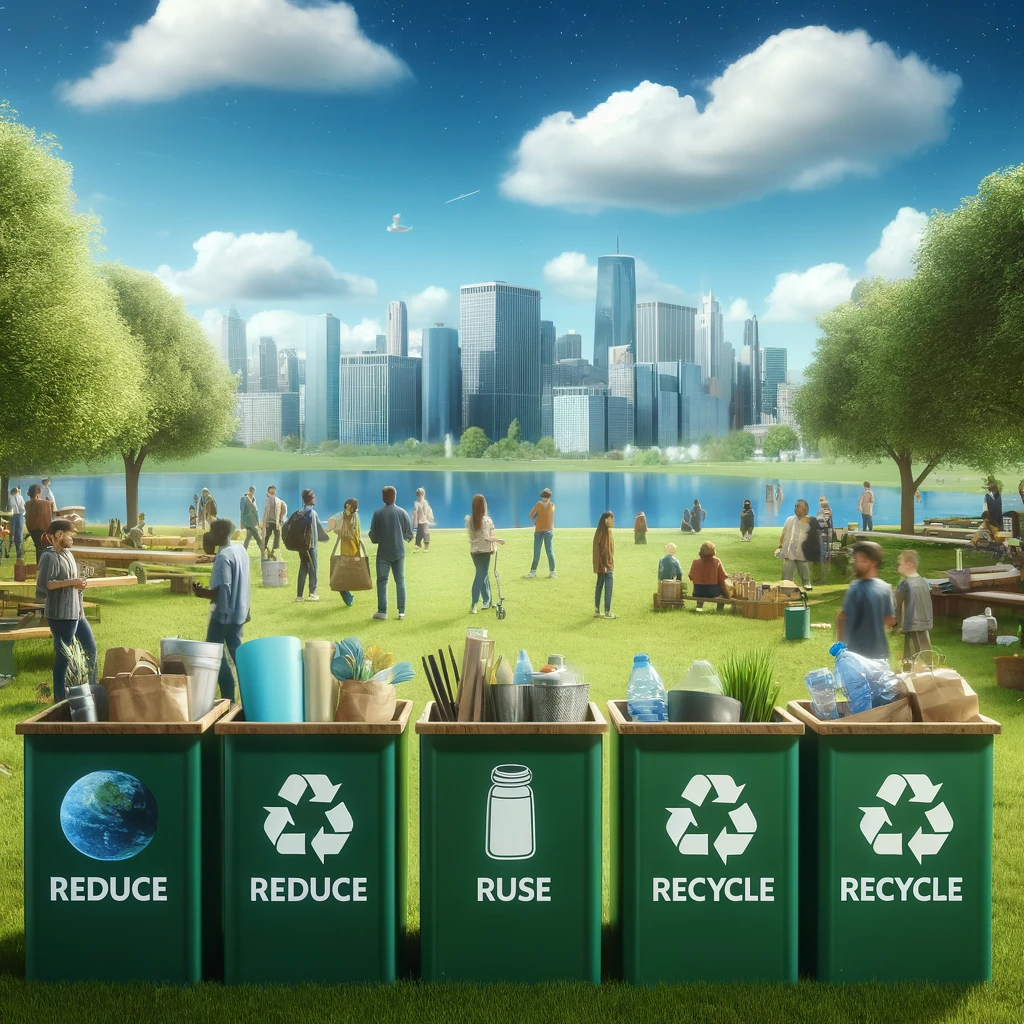The health of our planet is a critical issue that affects all aspects of life on Earth. From human health to the well-being of wildlife, the impacts are profound and far-reaching. A significant contributor to environmental degradation is the improper management of waste. Addressing this challenge with urgency is vital for the sustainability of our ecosystems. Here’s a closer look at how we can reduce waste and enhance recycling efforts to safeguard our planet.
Understanding Waste Reduction
Reduce, Reuse, Recycle: The Three Rs Explained “By adopting the three Rs—reduce, reuse, and recycle—we take significant steps towards environmental conservation,” explains an environmental expert. Reducing waste starts with choosing sustainable products and extends to broader manufacturing changes.
Making Sustainable Choices
“Choose products that are designed to last longer and require less packaging,” the expert continues. These choices not only reduce waste but also conserve resources by minimizing the demand for new materials.
Prolonging Product Life
“Instead of disposing of items, consider repairing them or donating them to someone in need,” suggests the expert. Reusing items extends their life, reduces waste, and lessens our environmental footprint.

The Power of Recycling
Transforming Waste into Resources Recycling is crucial for environmental sustainability. It conserves natural resources, reduces energy consumption, and minimizes greenhouse gas emissions. “Recycling turns waste into valuable resources, making it a key component of waste management,” the expert notes.
Challenges in Recycling
However, recycling is not without its challenges. Issues such as contamination and inadequate infrastructure can hinder the process. “To improve recycling rates, we must invest in better facilities and educate the public on proper recycling practices,” says the expert.
Advocating for Environmental Education
The Role of Awareness Campaigns Educating the public is fundamental to successful waste management. “Awareness campaigns play a crucial role in informing the community about the importance of waste reduction and proper recycling techniques,” the expert highlights.
Engaging Communities
Governments, schools, and local organizations are instrumental in promoting environmental knowledge. “Through education, we empower individuals and communities to make sustainable decisions that benefit the planet,” the expert adds.
Integrating Sustainability into Everyday Life
Living the Three Rs The journey to a sustainable future involves integrating the principles of reduce, reuse, and recycle into our daily lives. “By practicing the three Rs, we contribute to a healthier environment and pave the way for future generations,” concludes the expert.
Together, by prioritizing waste reduction and recycling, we can significantly improve the health of our planet. For more insights and resources on managing waste effectively, visit EAT Community.


